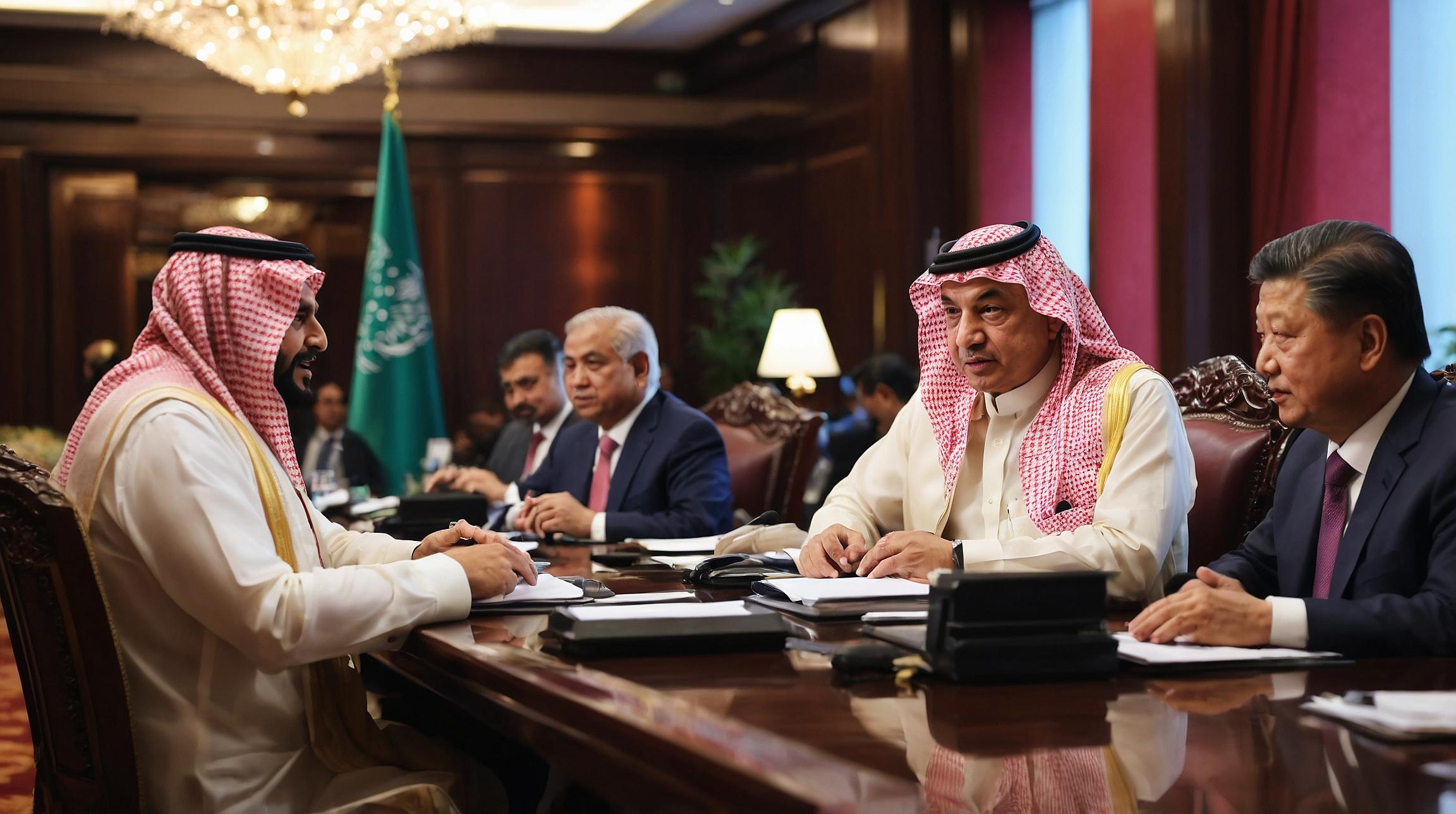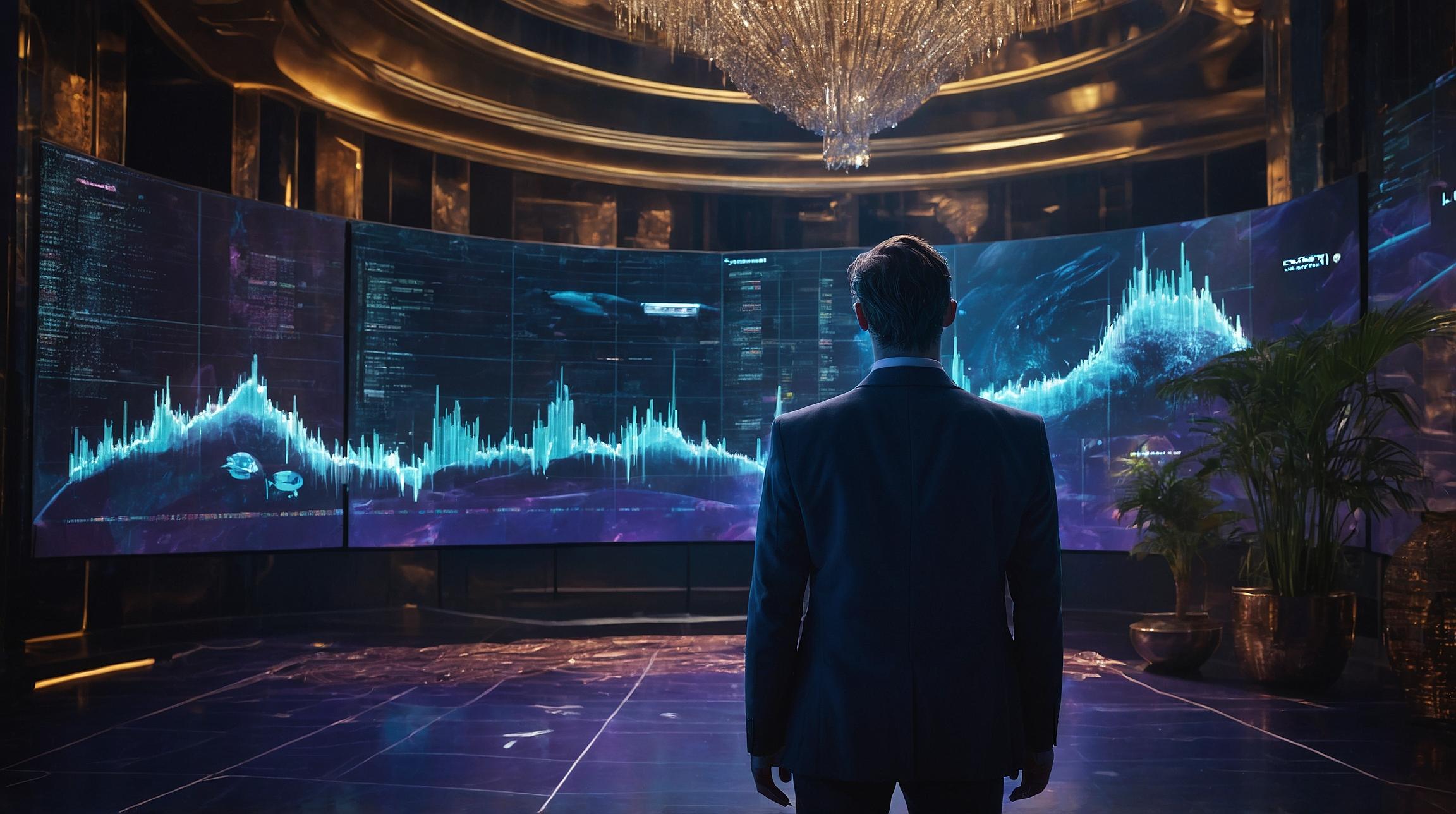Tech Companies Join Forces to Combat Deceptive AI in Elections
A growing concern among tech companies and the public is the use of generative AI apps and services to create deepfake images and information. This concern was highlighted when AI-created images of pop singer Taylor Swift were widely distributed on social networks, with some reports attributing these to Microsoft's AI image generator Designer.
With the 2024 US Presidential election approaching, the fear that AI deepfakes could negatively influence election outcomes has intensified. In response, numerous technology companies have committed to a new accord aimed at combating deceptive AI election efforts. This accord, announced at the Munich Security Conference, is known as the AI Elections Accord.
Major Tech Companies Unite
Companies that have agreed to this accord include Adobe, Amazon, Anthropic, Arm, ElevenLabs, Google, IBM, Inflection AI, LinkedIn, McAfee, Meta, Microsoft, Nota, OpenAI, Snap Inc., Stability AI, TikTok, Trend Micro, Truepic, and X.
Key Commitments Outlined
The commitments outlined in the AI Elections Accord involve developing technology to mitigate risks related to deceptive AI election content, assessing AI models for potential risks, detecting and addressing the distribution of such content on their platforms, fostering cross-industry resilience, providing transparency about their efforts, engaging with diverse global organizations, and supporting public awareness and media literacy campaigns.
Tech Companies Take Responsibility
Microsoft President Brad Smith emphasized the responsibility of tech companies to ensure AI tools do not become weaponized in elections. He highlighted the importance of preventing AI from fostering election deception.
Real-World Implications of Deceptive AI Tactics
One recent incident involved robocalls with an AI-generated voice purported to be that of US President Joe Biden, which discouraged voters from participating in the New Hampshire primary. These calls were later attributed to a Texas-based company, illustrating the real-world implications of deceptive AI tactics.
With the AI Elections Accord in place, tech companies are taking a proactive stance to protect the integrity of elections and combat the potentially harmful effects of AI-generated deceptive content. Through their commitments, these companies aim to develop technologies to detect and mitigate risks, promote transparency, and support public awareness campaigns to ensure that AI is used responsibly in the context of elections.
Analyst comment
Positive news: The tech industry is taking proactive measures to combat the use of deepfake AI in elections. Companies have agreed to the AI Elections Accord, which involves developing technology to mitigate risks, assessing AI models, detecting and addressing deceptive content, fostering resilience, engaging with global organizations, and supporting public awareness campaigns. Microsoft President Brad Smith emphasizes the responsibility of tech companies to prevent AI from fostering election deception.
Market impact: This news is positive for the market as it demonstrates the commitment of tech companies to address and mitigate the risks associated with deceptive AI election content. The implementation of the AI Elections Accord and the development of technology to combat deepfake AI could enhance public trust in tech platforms and provide opportunities for companies involved in AI security and detection solutions.













